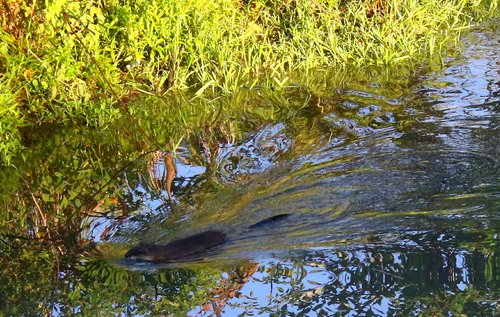The lazy, hazy days of late summer are anything but that with even the most casual nature observations. Reading the yellowing walnut leaves, ripening wild plums, and coat changes in white-tailed deer are forecasts of things to come, and soon.
Nut trees, including black walnuts and oaks in the red oak group, seem to have found it impossible to pull off a good nut crop and have been aborting acorns and other nuts for weeks.
“We’ve seen a lot of tiny acorns falling and can take that to mean the trees are aborting some of the crop due to weather factors. That’s left many walnut trees without many more nuts to fall.”
It’s unclear at this point whether the dropped acorns are from this spring or nuts that started growing a year ago,” said Travis Anderson, Wisconsin Department of Natural Resources wildlife manager in Iowa and Lafayette counties.
Wild plums and elderberries are crazy-loaded with maturing fall fruits, Travis commented, leaving the final assessment of hickory nuts and white oak acorns for a later day. Early reports, however, were poor for the hickory nut crop and average for white oak.
Archers and crossbowers may be looking to the bumper crop of wild apples for an early deer stand setup. Outer rows in corn fields, any soybean field location, and third crop alfalfa continue to be good feeding areas after the Sept. 17 openers.
The early acorn aborting has been competing with the cob corn biologists have tried to use to lure wood ducks to trapping sites for duck banding surveys.
Antler growth and deer coat changes leave little doubt that whitetails will have hard antlers and more brown and gray coats than red for the bow hunters.

Wayne Smith, an outdoorsman in Lafayette County, said that for the first time this summer he’s seen crickets tucked in around building foundations and some old timers take this to mean six weeks before the first hard frost. Wayne is more likely to use sign’s his coon dogs display to budget time before the hunting season.
Fish are still “there” according to Wally Banfi, in Sauk City Wilderness Fish and Game, who says of the dog days “fish early and fish later in the day. “Live bait can be a good option or consider buying a tiny jar of Berkley’s Gulp scented bait available in a variety of types.”
“Archers are leaning toward trail cameras that send images to a phone, which means hunters don’t have to go into the woods to check cameras before season and spread their scent in the woods,” Wally said.
Weeds are keeping some anglers from fishing streams, ponds, and lakes,” according to Don Martin at Martin’s in Monroe. “Other weeds are
forecasting time may have to be spent cleaning clothes, which get covered with hitchhiking plant seeds and fruits.”
Most “stick tights” are still green and give up their holds easily right now, but that will change. Some of those weeds can still be destroyed along lanes and paths to avoid the distasteful task for hunters, hikers and dogs. Removal of these plants can eliminate game animals from dispersing these weeds to other areas, too.
Pokeweed, a perennial, poisonous woodland plant, is taking a stronger roothold in many places.
Small fall has begun by putting on displays of red woodbine leaflets and purple fruits. Elderberries and plums are bringing purple and peach tones to late summer. Ginseng fruit are turning red.
Roadsides and prairies are showing purples, yellows, blues, and whites. Cup-plant, Joe-pie weed, boneset, great blue Lobelia, wild cucumber, and wild carrot are all “drive by botany” identifications.
A limited number of sulphur fungi and oyster mushrooms have been gathered. Attractive shapes, sizes, and colors of “for viewing only” mushrooms are limited, however.
Some autumn-like smells (a welcome rain shower) and sounds (squirrels dropping nuts from tree tops) provide a calming atmosphere to these dog days, and also enhance the excitement of the seasons ahead.





